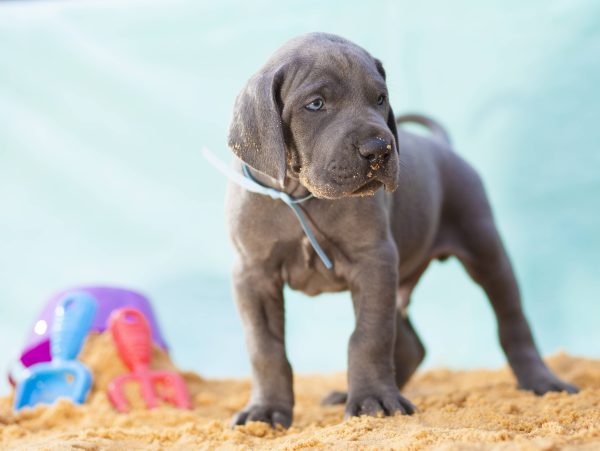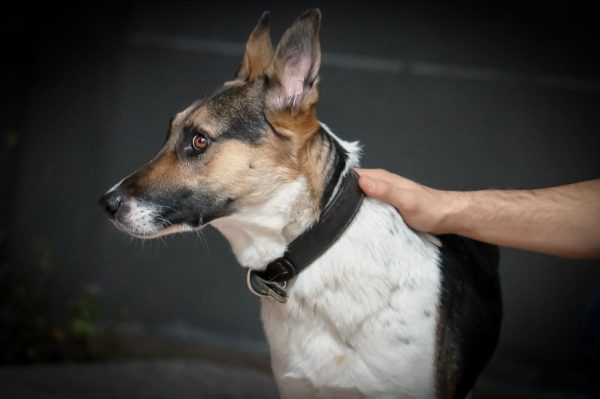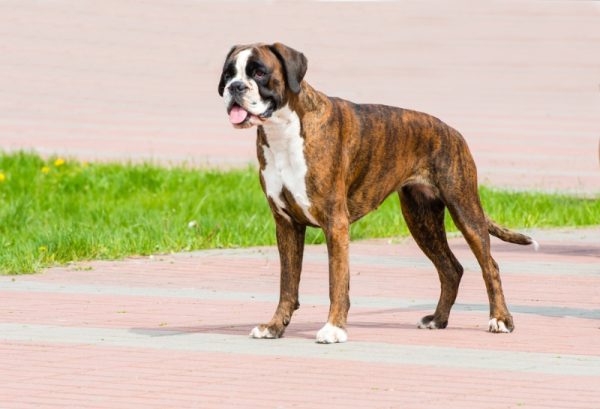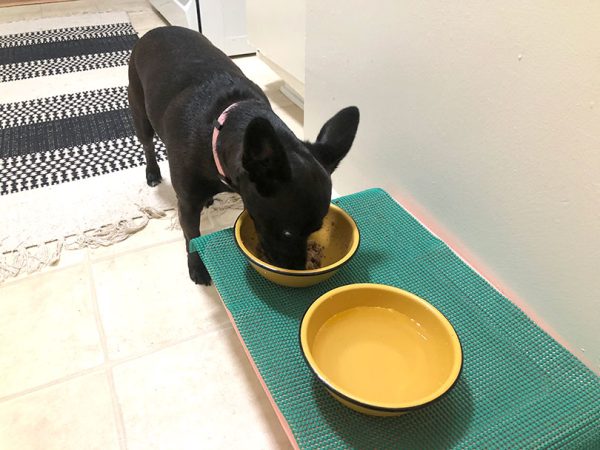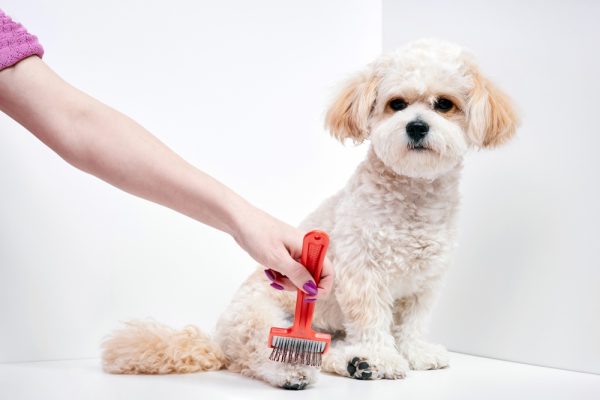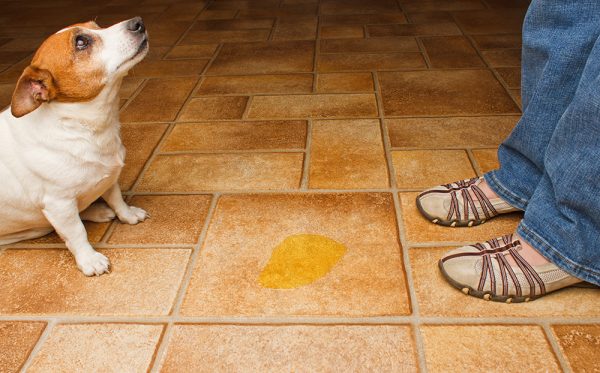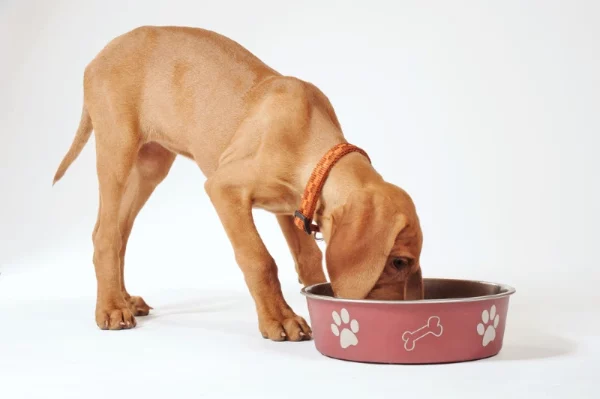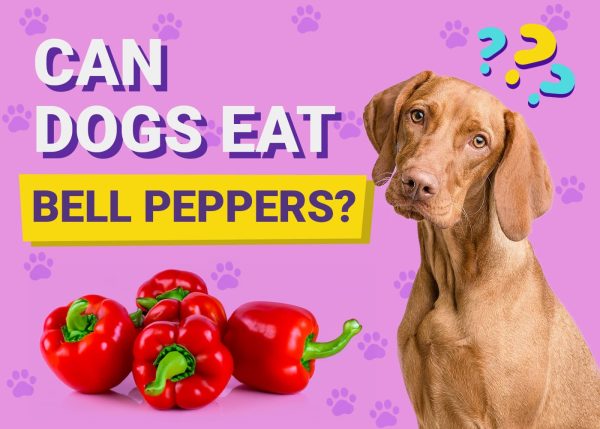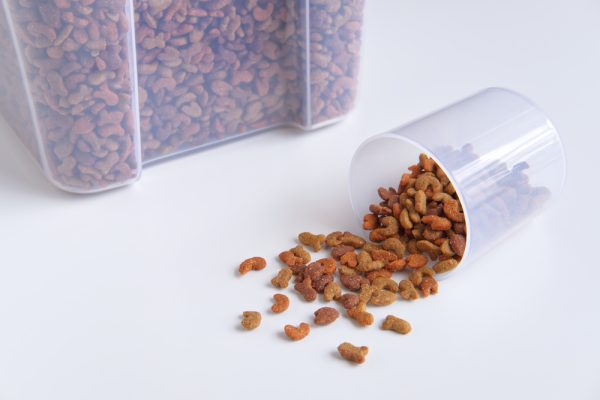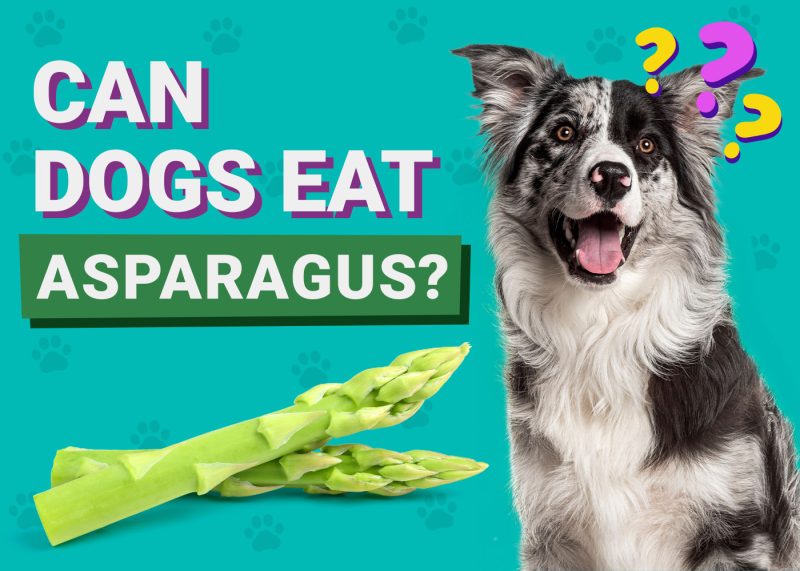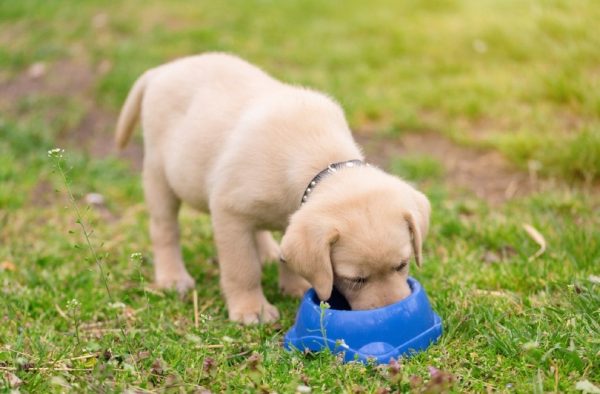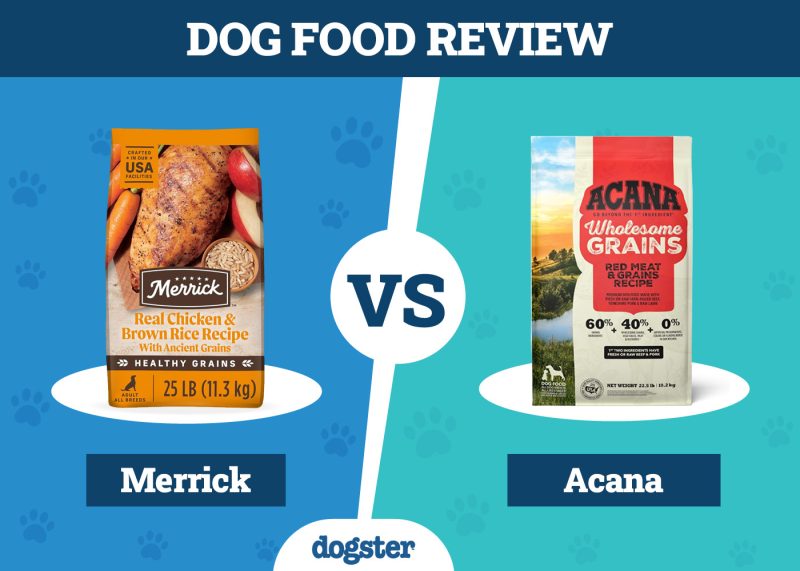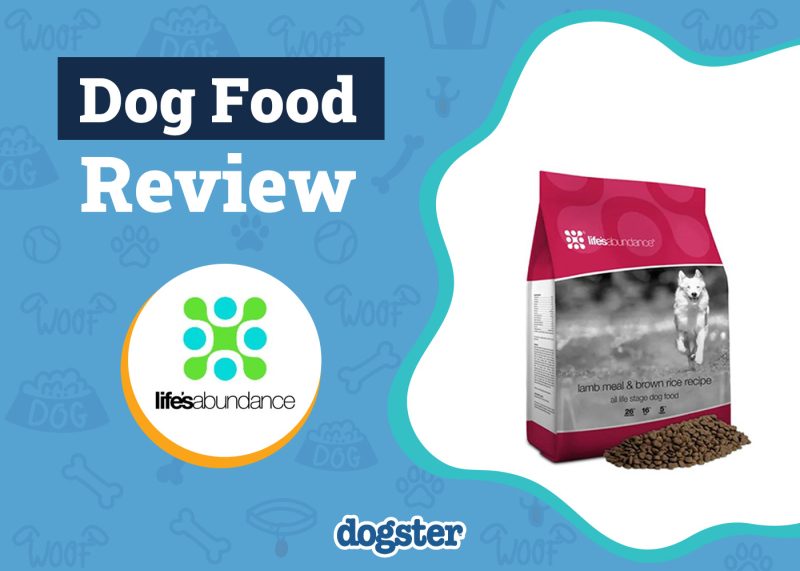In this article
View 2 More +When we think of wild canids, we imagine a wolf hunting in a pack and chasing down deer, elk, or moose. Our canine companions are a long way from this lifestyle. Domestication has profoundly impacted dogs. You can make a solid case that our pets are omnivores and not carnivores like their ancestors. They have adapted to living with humans by evolving the ability to digest starch.
This history and these adaptations come to the forefront when considering our dogs’ love of peanut butter. The commercial product we enjoy began in the late 1800s with cereal pioneer John Harvey Kellogg. We’ve never looked back since. In general, though, dogs like peanut butter for many reasons, including its yummy taste, enticing smell, and overall energy boost.

Nutritional Value of Peanut Butter
Peanuts are legumes with the unique trait of growing underground. Of course, you’ll find it in many forms, from the beloved spread to an oil with a high smoke point. It crosses many culinary lines, from a lunch staple to a savory ingredient of some cuisines to a part of favorite candies. Let’s start with the creamy product you’ll likely offer your dog.
A 2-tablespoon serving contains a whopping 188 calories. Remember that peanut oil also comes from legumes. It’s a decent source of protein at 7.01 grams. To put that figure in context, a puppy should get a minimum of 56.3 grams of this macronutrient per 1,000 kcal, and adults should get around 45 grams per 1,000 kcal (AAFCO guidelines).1 It also contains rich amounts of calcium, magnesium, and potassium.
This serving has 15.8 grams of total fat, 7.68 grams of carbohydrates, and 2.08 grams of total sugar. While the fat content is high, remember that it’s an excellent source of energy, along with the carbs and sugar. It’s probably one of the other reasons dogs like peanut butter so much. While our pets have an easy life, canine biology reflects harsher times when these animals had to hunt for food making them hard wired to seek out nutrient rich foods.
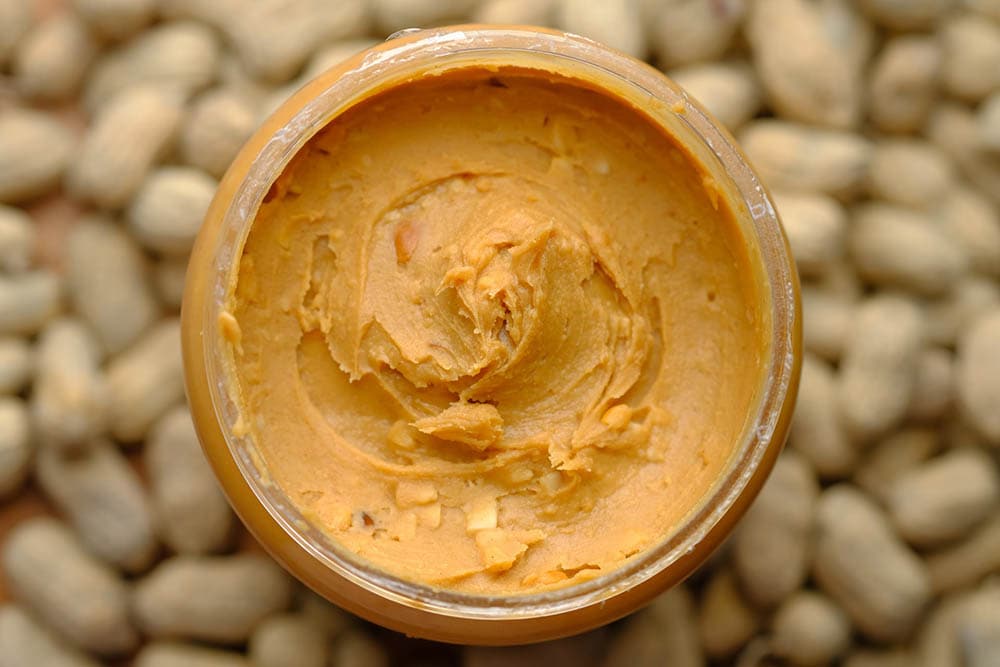
How to Use Peanut Butter as Enrichment
Peanut butter is a no-brainer for enrichment because of one of its characteristic traits: its stickiness. That prolongs your dog’s enjoyment and makes it an excellent option for enrichment. Putting a spoonful in a hollow toy will keep your pooch occupied as they try to lick all the paste inside it.
You can also give peanut butter-flavored treats that have many of the same qualities to prolong your dog’s enjoyment. Manufacturers also produce it in a dispensable form, which makes it easier and less messy for you to use. We’ve seen peanut butter-filled bones and other treats that serve the same purpose: keeping your dog occupied.
We recommend making it an occasional reward to keep your dog’s interest for the optimal enrichment benefit. You won’t run out of ways to use peanut butter. A preliminary search yielded hundreds of products containing this ingredient. The engagement will vary depending on the item’s form, giving you many options for using it.
Caveats About Peanut Butter
Giving your pet human food always raises some red flags. Therefore, we must address these concerns. Our nutritional info came from smooth, commercially produced peanut butter. Manufacturers make the product from dry-roasted peanuts. The other issue you’ll find is its sodium content. This mineral is vital for dogs and people. The question is the amount.
Your dog should get approximately 13.3 milligrams per kilogram of body weight per day. That shakes out to about roughly 60 milligrams of sodium daily for a 10-pound dog. A 2-tablespoon serving contains 152 milligrams of sodium. Salt toxicity can occur if it exceeds 2 to 3 grams per kilogram of body weight. Salt can cause the body to retain water, making it especially problematic for dogs with heart disease. It can even be lethal at doses over 4 grams.
Another issue is obesity when giving your pup such a high-calorie food regularly. A 10 pound dog should only get around 300 calories daily, depending on their activity level and whether they are intact or neutered. Therefore, peanut butter should be reserved as a special treat.
You should read the label of any product carefully to spot problematic ingredients like the sugar substitute xylitol. It is highly toxic to dogs even in small amounts, stimulating insulin release and leading to severe drops in blood glucose levels. Xylitol can also cause liver failure. You can avoid many issues by buying a dog-safe product.
Another option is to make homemade plain peanut butter. You can control the sodium and other ingredients in the recipe by making it yourself. Remember that manufacturers produce these products to make them appealing to people with their sweet tooth. That doesn’t always mean something safe or ideal for pets to consume.


Final Thoughts
Dogs love peanut butter for some of the same reasons we enjoy it. It’s an excellent source of fat and carbohydrates for quick energy. That makes sense when you need it. However, it’s a problem when your dog isn’t active enough to offset the calorie boost. Sodium and sweeteners are other concerns. However, plain peanut butter is a tasty treat for your dog when given as an occasional special treat.
Featured Image Credit: Halie West, Shutterstock


